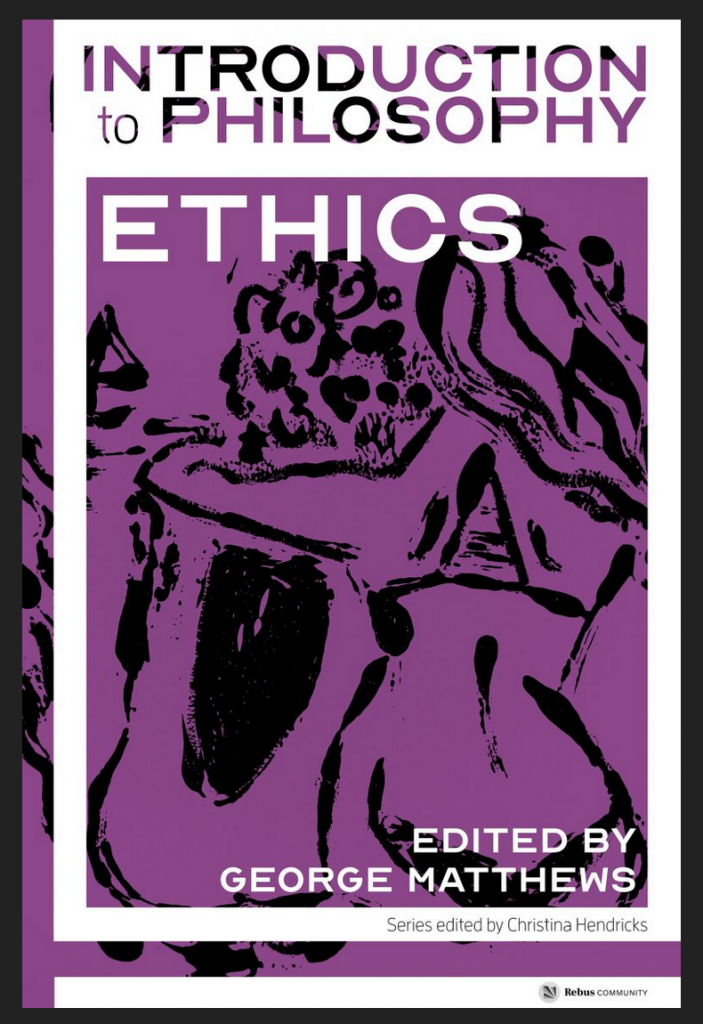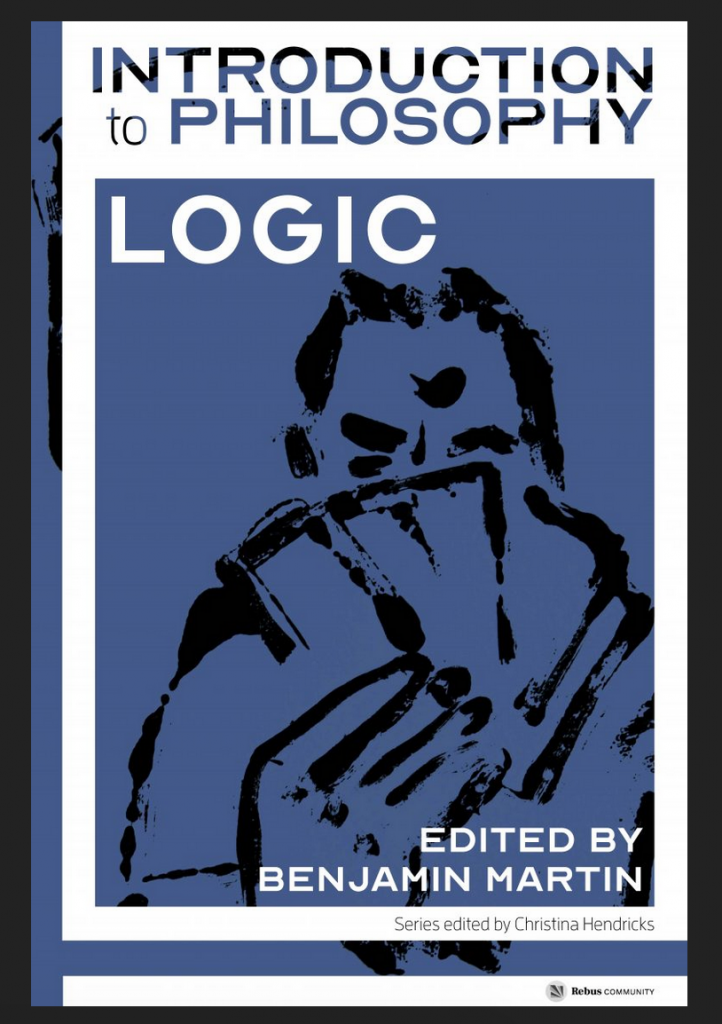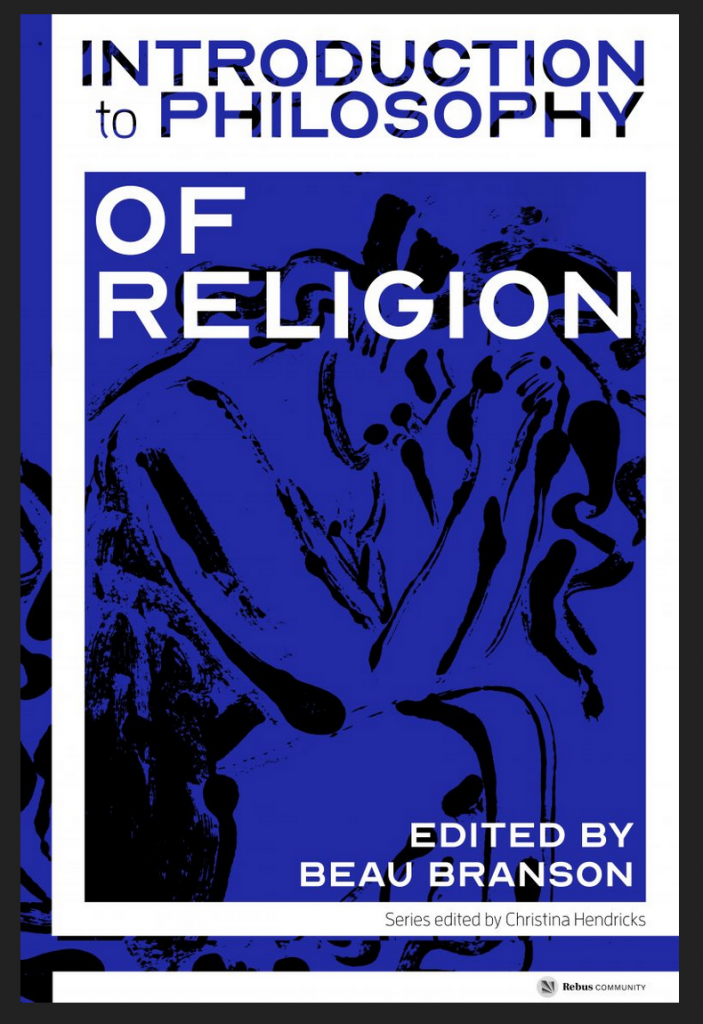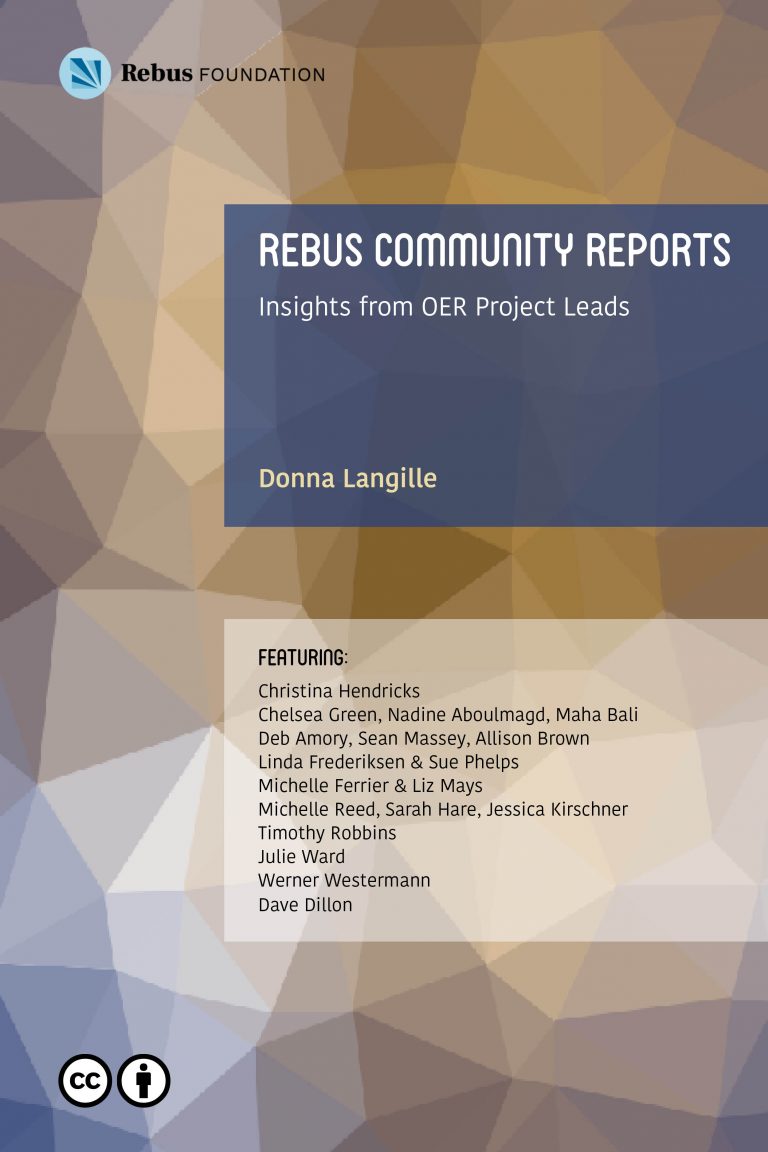 “Turtle” by Matt Peoples is licensed under CC BY-NC-ND 2.0
“Turtle” by Matt Peoples is licensed under CC BY-NC-ND 2.0
It’s been over 13 months since UBC moved to emergency remote teaching during the COVID-19 pandemic (classes moved online March 16, 2020), and, like most (all?) people in higher education during that time, I’ve been incredibly busy and stressed. In my role as the Academic Director of the Centre for Teaching, Learning, and Technology at UBC Vancouver, I was not only collaborating with others in the unit to provide leadership to a centre whose work was more widely recognized as crucial to teaching and learning and increasingly relied upon, but in working closely with other academic leaders I was also involved in discussions around many aspects of teaching and learning at the institution as so many things changed quickly.
And every week, or sometimes every day, new issues would crop up that we hadn’t thought about and that needed to be dealt with, like, yesterday. Or last week. Or really, last decade for some of them…so many issues related to accessibility, inclusivity, affordability, privacy, the need for flexibility and care came to the fore in ways they should have long ago. I myself have learned a great deal in the last year; I think very differently about many of these things than I did a year ago, or even six months ago (or two), and that’s a good thing.
But that’s not what this post is about. Maybe another one down the line. This post is about turtles.
One of the many, many things I’ve learned during this ongoing pandemic is that when when I experience prolonged stress, like every day for weeks and months on end feeling like there’s a new crisis and you have to be “on” all the time and things need to be addressed right now but the institutional machinery doesn’t always work that way or there are complications you couldn’t even have considered but nevertheless the problems are real and critical and you have to find ways to address them even when you know it’s not the best and could have been better but then the next issue is here already and what have I forgotten today did we talk about that already and I just forgot and what day is it anyway…when this is happening I discovered that my automatic response is to pull inward into what I can only call a stress shell.
As in, pull head, arms, legs into a shell and focus on the crisis of the moment. Head down, laser focus on what is right in front of you. Everything else about my professional life fell away. I think it had to. I pulled out of several projects and things I had said I would help with, I dropped the ball on some research projects (I managed to continue work together with others on one at least, and that has been wonderful), I stopped reading and engaging on social media, I stopped blogging almost entirely, I pulled away from communities that I loved and that helped sustain me personally and professionally. It all (almost) just…stopped.
As I write that, I realize it’s not entirely true…I was on many email lists and reading multiple resources from others about remote and online teaching, about what other universities were doing, about other teaching and learning centres and what we might learn from them. I talked with other teaching and learning centre directors in Canada on a semi-regular basis, thanks to the amazing work of folks in the Educational Developers Caucus to pull together frequent centre directors meetings. But everything that wasn’t related to immediate work related to the pandemic was outside the purview of the shell I built.
I don’t know if this was a useful way to handle the year that was, but I don’t think I had a choice. We all did what we had to do in that mess we were in, in that mess we’re still in. And things have been much, much worse for many other people.
But I do think I have a choice now. Things are still beyond busy (somehow the idea of a fall term that is mostly in-person but also includes some online elements seems much more complicated than the prospect of a fully online fall term did around this time last year, but that’s probably just faulty memory). But I’m missing many of the people and the communities I connected with outside of my university, in what so many of us now call the “before times.” Those times are gone; many of us have changed and certainly the contexts in which we live, work and play have changed. But the people remain and I’m feeling at a gut level how important are the relationships I’ve built over the years with people in the province, the country, the continent, and other parts of the world, some of which I fell away from as I turtled.
This is not to say I don’t have wonderful, meaningful, and important relationships and communities here in my own institution. One of the things the pandemic brought is greater communication and collaboration across our unit, and across many parts of the university. I’m very happy about that, and I am excited to see it continue. And honestly, I can’t think of any place in the university I would rather have been during all this than working with people at the CTLT and the Learning Technology Hub. I recently had an opportunity to reflect on what we have done over the past year or so; it’s truly astounding. And it came with a lot of stress and work overload on the part of many people. I am inspired and humbled by them every day, and am honoured to be able to work alongside them.
At the same time, the connections I had with people outside my university have been crucial as well, and some of those languished due to the necessary focus on what was happening here, with our staff, students, and faculty. I’m hoping to start coming a bit out of the shell. Attending the amazing OERxDomains21 conference reminded me of the important and inspiring work that others are doing and that I can continue to learn from and possibly at some point contribute to. Not deeply or quickly, as there is still so much to be done here, and so many relationships here to continue to build and maintain.
But putting a toe or two outside the shell is leading me to consider reaching out whole feet. Who knows … maybe a knee sometime. Slow and steady.
 “Baby Turtles 034” by cygnus921 is licensed under CC BY 2.0
“Baby Turtles 034” by cygnus921 is licensed under CC BY 2.0




